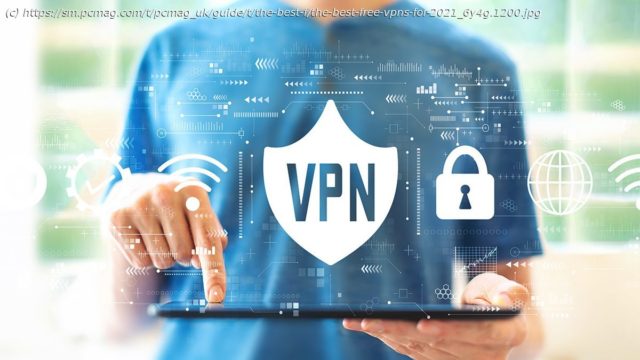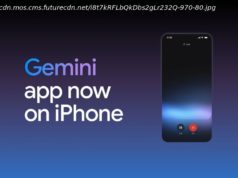If you’re short on cash, you can still improve your privacy online. Here’s everything you need to know about what you get (and don’t get) with the best free VPN services.
Though you’ll likely have to pay to get all the premium features of the best VPN services, there are many free options available that go a long way toward protecting your internet traffic. If it’s money that has prevented you from getting a VPN, you should try one of these free services. What Is a VPN? A VPN creates an encrypted connection (often referred to as a tunnel) between your computer and a server controlled by the VPN company, and then it passes all network activity through that protected connection. Anyone monitoring the network you’re using—including the owners of the network—won’t be able to see what you’re up to. Even the ISP will be blind to your activities, which also prevents them from selling your anonymized user data. Out on the web, advertisers and snoops will have a harder time tracking you because your true IP address is hidden by the VPN. Of course, no technology is perfect. Once your traffic exits the VPN server, it can be monitored and perhaps intercepted—especially if you’re connecting to sites that aren’t using HTTPS. It’s also possible, albeit difficult, to use complicated timing algorithms to predict when and where you leave the encrypted tunnel. Advertisers also have a myriad of tools at their disposal to track you online, so we recommend using a stand-alone tracker blocker and a privacy focused browser, such as Firefox. Powerful as they are, VPNs also won’t protect you against every danger stalking the web. We strongly recommend also using a password manager to create unique and complex passwords for each site and service we use, enabling two-factor authentication wherever it’s available, and using antivirus software. Paid VPN vs. Free VPN Very few VPNs offer a truly free option. Instead, many companies offer time-limited trials or money-back guarantees. The VPNs listed in the table above, however, offer totally free subscription levels. They aren’t the only ones, but they are the best we’ve reviewed so far. That said, every VPN listed does put some restrictions on its free version. Some services limit the amount of bandwidth you can use in a given period. Some keep the number of simultaneous connections low, generally to one or two. Some restrict you to certain servers, meaning you can’t jump to a better-performing server or easily spoof your location —more on this below. Tunnelbear VPN is a noteworthy exception, allowing free users to access all its servers. Paying for a VPN subscription typically unlocks all these features, and often adds additional sweeteners unavailable at the free level.






